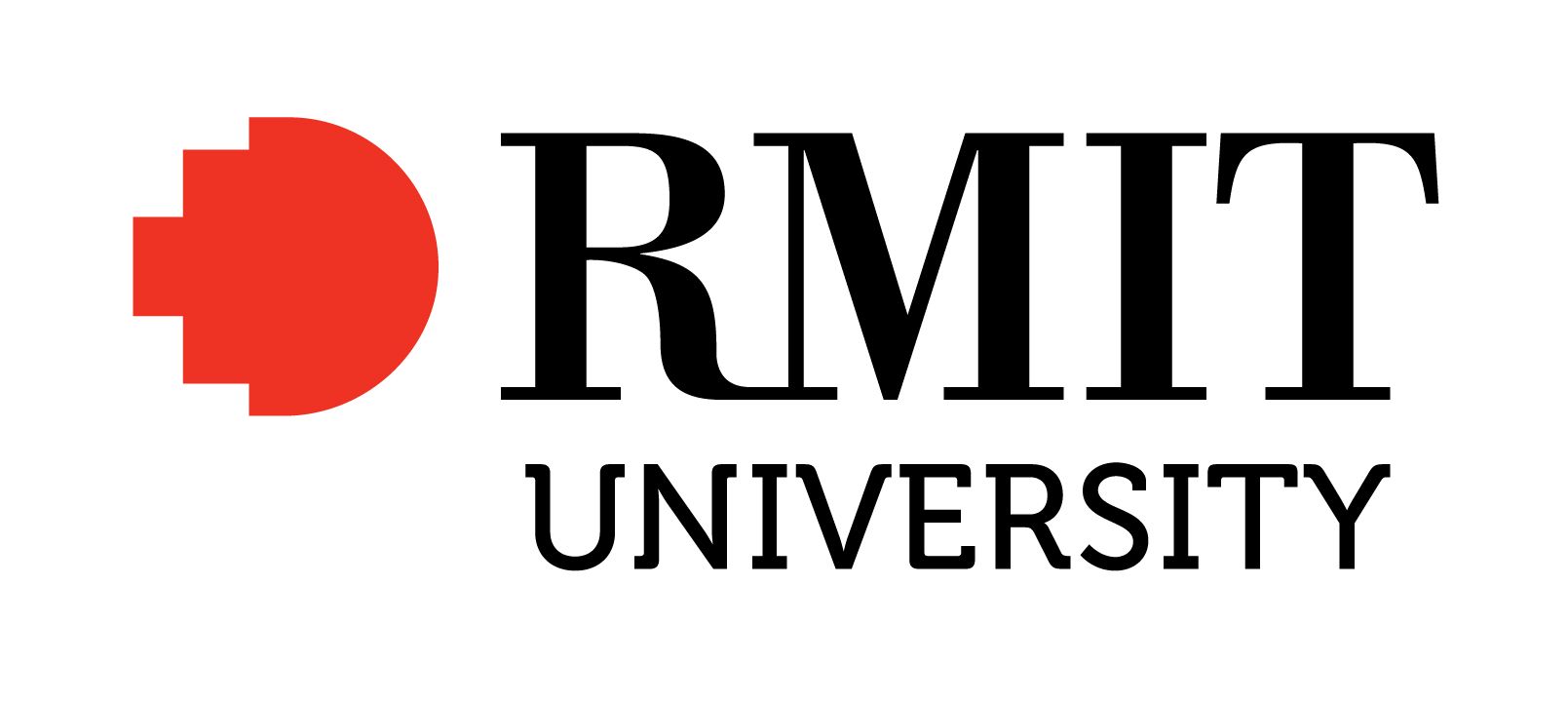Full description
BACKGROUND: Pace and duration are problematic concepts in fashion. For designers there is tension between how long a garment will fit (a body, a sense of self) and its material durability – a growing ethical and environmental issue. Many creative practitioners are exploring slow and ethical methods to extend cultural and material knowledge and propose alternatives to the fast-paced industry. This includes thinking through dust theory and practice such as Gary Alan Fine and Tim Hallett's sociological miniaturism and Jorge Otero-Pailos' ethics of dust series. CONTRIBUTION: In the Slow Fashion Studio exhibition, The Dust Project reveals the extensity, intimacy and duration of dress. It engaged 100 participants to combine particulates from bodies, garments and environments as they break down. The archive of cultural probes demonstrates ethics in practice, including working with human bodies in a range of material states. Dust acts as a speculative lens to cultivate discourse around material and conceptual relationships between people, dress, and sites of production and wear. This work extends ongoing research into ethical approaches for studying human bodies and dress through creative practice. SIGNIFICANCE: This work was shown in 2017 at Slow Fashion Studio which was part of the international exhibition, Fast Fashion, curated by Dr. Claudia Banz (Museum of Arts and Crafts Hamburg) in collaboration with DBU (German Federal Environmental Foundation) and the Goethe-Institut. It was also published in peer-reviewed conference papers and book chapters. In 2020, it was exhibited at Design Tasmania for the international arts festival MONA FOMA, curated by Brian Ritchie. Coverage for this exhibition included a public artist talk, article in Art Guide Australia, interview on ABC radio, and meeting with state and federal ministers at Design Tasmania, evidencing how the project contributes important fashion perspectives to public discussions about ethical material futures.Issued: 2017-01-01
Created: 2024-10-30
Subjects
User Contributed Tags
Login to tag this record with meaningful keywords to make it easier to discover
Identifiers
- DOI : 10.25439/RMT.27349380.V1



